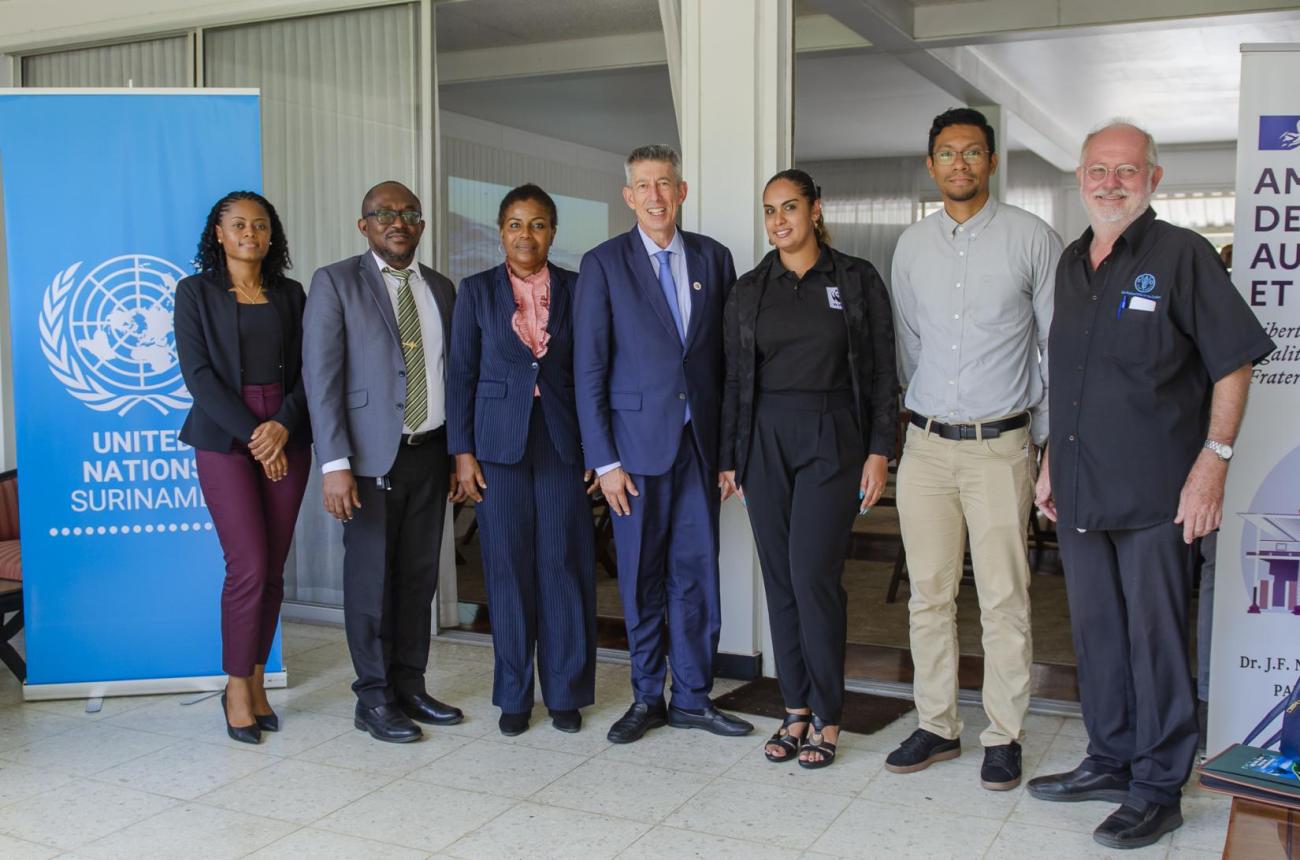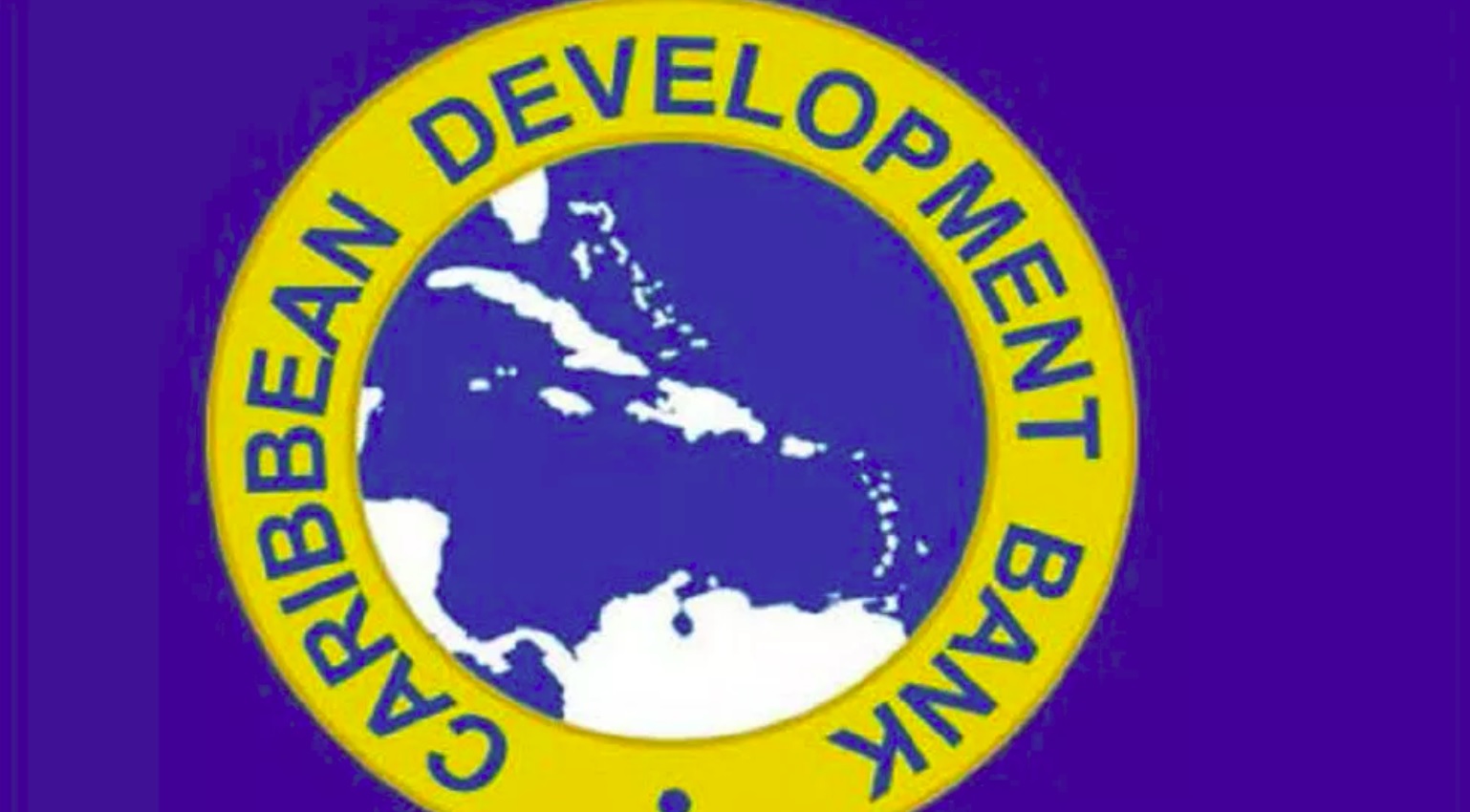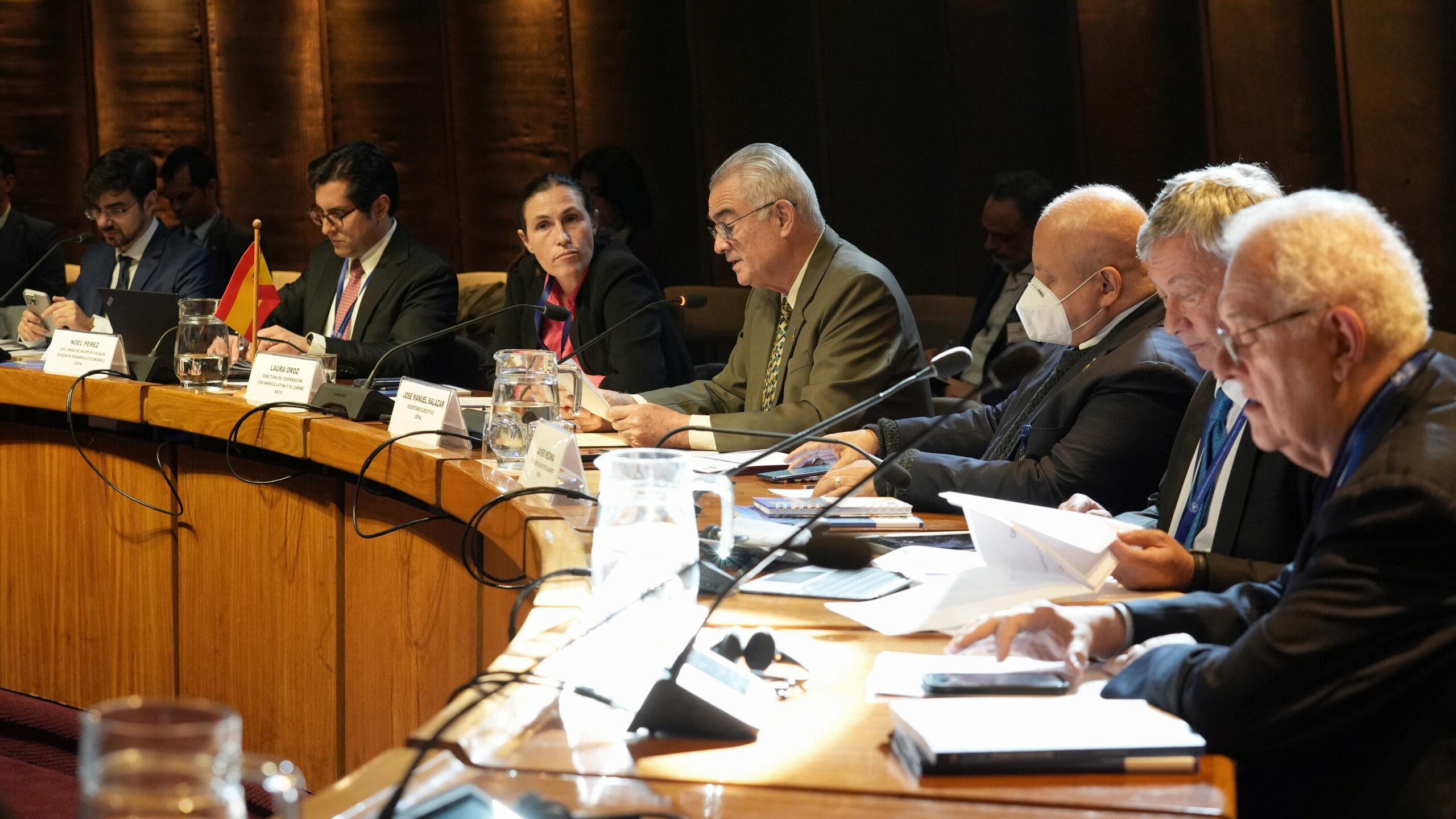On 1 March 2024, the French Residence in Suriname hosted the Blue Talks conference on the issue of ocean and sustainable development. The event, organised by the Embassy of France and the United Nations in Suriname, brought together a diverse group of stakeholders including representatives from the National Assembly, the business community, NGOs, academia and international organisations, all gathered to discuss the pressing issue of ocean governance and protection.
French ambassador to Suriname Nicolas de Lacoste emphasised the importance of the upcoming United Nations Oceans Conference to be hosted by France in June 2025, where the global community will converge to accelerate action on “conserving and sustainably using the oceans, seas and marine resources for sustainable development”, stressing that collective commitments to address marine pollution and illegal fishing are crucial for reaching the 2030 agenda. Additionally, he underscored that engagement with NGOs and the community is essential to ensure that maritime activities align with sustainable practices.
United Nations Resident Coordinator in Suriname Joanna Kazana emphasised Suriname’s unique position with its extensive coastline along the Atlantic Ocean and stated, “By sharing local experiences, aspirations, and concerns, we can enrich the global dialogue and ensure that the upcoming UN Ocean Conference truly reflects the realities faced by communities living alongside the ocean.”
The conference featured presentations from a number of experts, including Claus Eckelmann, Regional Forestry Officer of FAO who highlighted the importance of the mangrove ecosystem, for not only the protection of Suriname’s low-lying coast, but also to enable sustainable fisheries management. He further explained that the Guyana North Brazil shelf, a critical marine ecosystem that supports significant fish stocks and sustains the livelihoods of thousands of fishermen in Suriname, Guyana, and French Guiana, requires effective stock assessments and the implementation of regulations to prevent overfishing and ensure the viability of marine resources for future generations.
The symposium concluded with a call for continued collaboration and concerted efforts to address the complex challenges facing marine ecosystems in the Guyana region. By implementing innovative solutions, strengthening regulations, and fostering partnerships between stakeholders, the path towards sustainable fisheries management and conservation of marine resources can be charted, ensuring a healthy and prosperous future for coastal communities and ecosystems alike.




